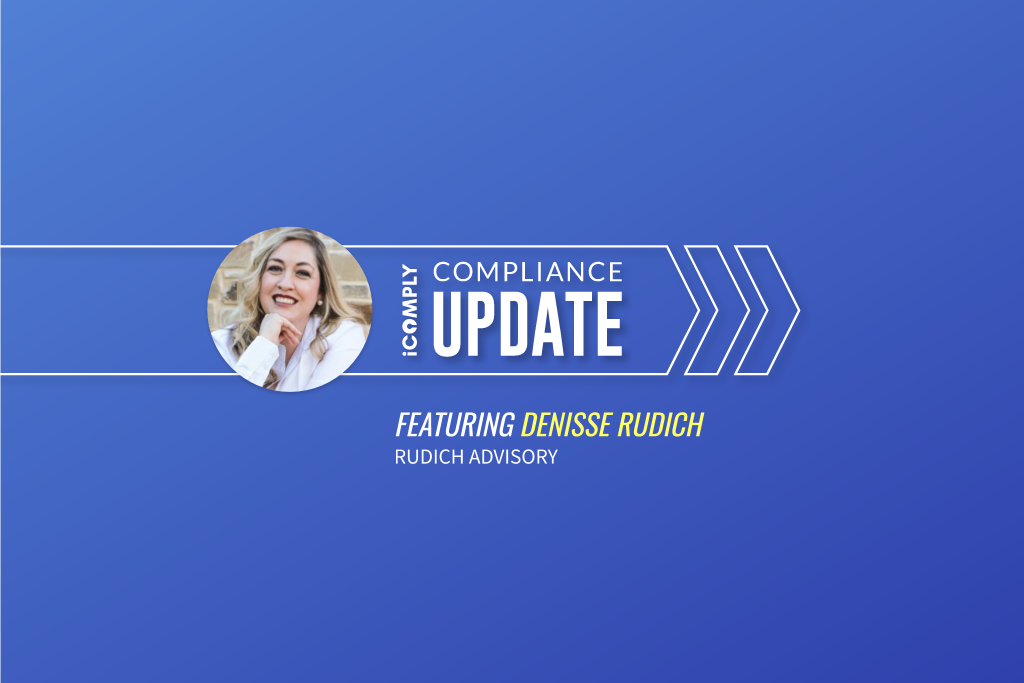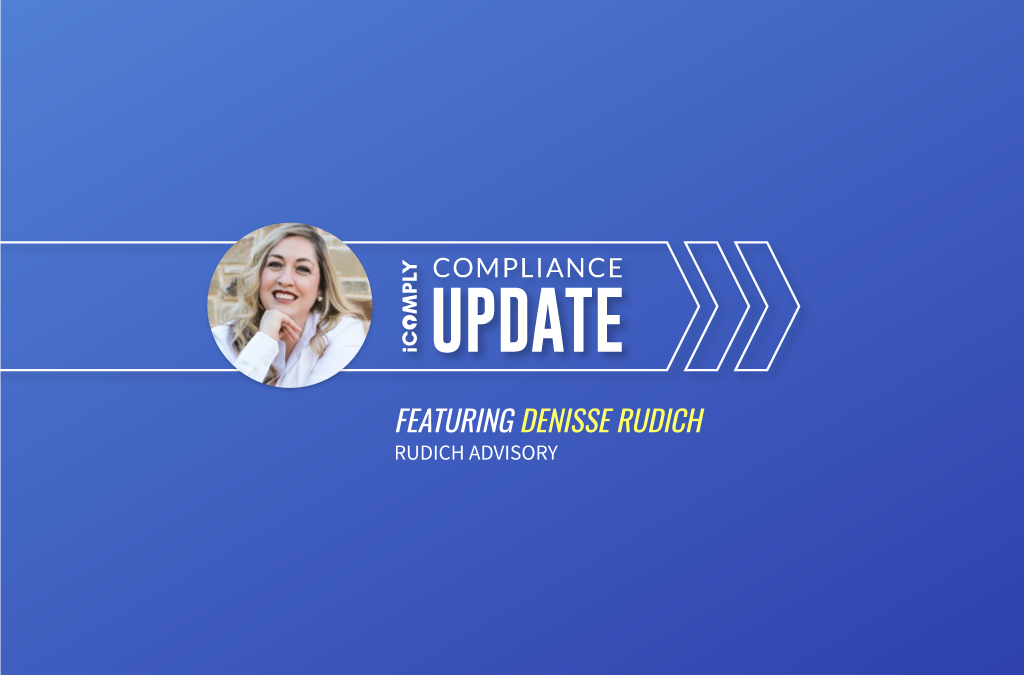FCA Research Reveals 1.1 Million Spike in Cryptoasset Buyers

Denisse Rudich reviews the FCA’s recent findings on the growth of the cryptoassets industry in the UK and potential regulatory changes
What happened?
The FCA issued its findings of a quantitative study carried out to get a better understanding of the cryptoassets market and user behavior in the UK. The research looked into areas of potential harm as well as general attitudes towards cryptoassets. A key finding is that over 2.6 million people or companies in the UK have purchased cryptoassets.
What types of stakeholders will be impacted by this?
The research will be of interest to pretty much everyone in the cryptoassets ecosystem: from regulators to exchanges to financial institutions looking to offer custody services in the UK and abroad.
Why does this matter?
The study offers several significant insights into a market that has seen some controversy, particularly around fraud. As virtual assets service providers become regulated, it is important to gauge how both the market and consumer understanding of cryptoassets will continue to expand.
For example, the study found that “the majority of cryptoasset owners are generally knowledgeable about the product, are aware of the lack of regulatory protection afforded, and understand the risk of price volatility.” However, “an estimated 300,000 cryptoasset owners believe they have protection which leaves them at potential risk of financial harm.”
This makes the case that there needs to be better communication around the pitfalls of investing in cryptoassets, similar to other types of investments and asset classes.
Does this update/change create new opportunities? If so, what might they be?
Absolutely. Any time you gain new insights into a market, there is the opportunity for regulators to redefine their areas of focus for regulation, as well as their messaging towards target demographics. In a similar manner, crypto exchanges can gain an understanding of regulatory concerns but also themselves look at where to put their resources.
The FCA also highlighted that:
Cryptoassets present risks and opportunities for consumers and we hope that these insights will inform the policy debate and internationally as the use of these assets continues to grow.
Does this change create new risks for industry stakeholders? If so, what should they be looking out for?
One of the key findings is that 83% of cryptoassets purchases are carried out through non-UK exchanges. This is telling and could create regulatory arbitrage and a challenge for cryptoasset providers who have to comply with stringent anti-money laundering laws vs. those based in overseas jurisdictions who do not.
This could lead to the UK widening the net on what it regulates (i.e. those advertising in the UK or with UK clients on their books). The devil, of course, is in the details and along the lines of how do you regulate the internet? There are some lessons to be learned from the Gambling Commission on how they treat overseas entities with UK customers.
How does this impact compliance teams, and what can they do to stay ahead of the regulatory requirements?
Studies like these support businesses in their horizon planning, seeing what is looming in the distance. Compliance teams need to be aware of the ever-evolving regulation, not only in the UK but also in Europe. With countries such as the U.S. issuing crypto-related sanctions and the UN warning against North Korea’s use of crypto to evade sanctions, compliance teams must also look to maintain their sanctions screening systems up to date as well as ensure that they are signed up to regulatory intelligence sources.
The FCA stated that they are working with the UK Cryptoassets Taskforce to “understand and address the harms from cryptoassets whilst encouraging innovation in the interests of consumers.” This essentially means that they are likely to issue more guidance and decisions that will force cryptoassets providers to act quickly and possibly stop outgoing transfers or products and maybe even remove certain client types.
What can management teams or boards of directors do to stay ahead of these changes?
Management teams and boards should make sure that their compliance teams are adequately resourced so that they are able to quickly act on any information that may affect the business. changes.
For example, on 6 October 2020, the FCA published a final rule banning the sale of derivatives and exchange-traded notes to retail consumers. You can tell that this decision was informed by the survey, as the FCA clearly states:
The FCA considers these products to be ill-suited for retail consumers due to the harm they pose. These products cannot be reliably valued by retail consumers because of the:
- inherent nature of the underlying assets, which means they have no reliable basis for valuation
- prevalence of market abuse and financial crime in the secondary market (eg cyber theft)
- extreme volatility in cryptoasset price movements
- inadequate understanding of cryptoassets by retail consumers
- lack of legitimate investment need for retail consumers to invest in these products
This essentially means that exchanges and providers must immediately cease to offer these products in the UK or to UK consumers.
What can service providers do to help their clients stay ahead of these changes?
Providing clients with intelligence and analysis to support their clients in staying ahead of the game is key. Making sure that the services that they are offering are understandable, clearly sourced, and agile can make the difference to a client’s ability to navigate the rapids that come with regulatory action.
Author — DENISSE RUDICH
Denisse Rudich has over 15 years of delivering financial crime prevention, anti-money laundering, and counter-terrorist financing systems & controls across banking and public sectors, including as Head of AML/CFT Policy for RBS (CBD) and Strategic Advisor to Rabobank. She has experience working with many top-tier financial institutions as well as holding the roles of Director of the G7 and G20 Research Groups (London) and as Secretariat for the WEF’s Global Coalition to Fight Financial Crime. Denisse set up the first global AML/CFT working group for the crypto industry and acts as a Senior Advisor to RegTech, FinTech, crypto/virtual assets firms, and The Sentry. She most recently acted as a technical expert on the Joint Working Group of InteVASPs Messaging Standards that issued the IVMS-101 Messaging Standard and was a member of the RegTech Council. Denisse is an author, trainer, speaker, and panelist at industry events and mentors multiple startups.
learn more
Is your AML compliance too expensive, time-consuming, or ineffective?
iComply enables financial services providers to reduce costs, risk, and complexity and improve staff capacity, effectiveness, and customer experience.
Request a demo today.
Overcoming Challenges in Digital Identity Verification for Enhanced Security
In an increasingly digital world, verifying the identity of individuals in online networks has become an essential part of security and compliance measures. With users from all over the globe utilizing digital applications to handle their banking, asset management,...
The Impact of Neobanks on AML and KYC Compliance: Ensuring Security in a Decentralized Era
As global financial institutions collectively face the reality of managing a consumer base that has aggressively adopted an increasingly digital presence, traditional banks are also facing a rising challenge in competing against a rapidly decentralizing model of...
Implementing Client Due Diligence in Credit Unions: Protecting Members and Ensuring Compliance
The evolving financial and political climate of 2023 and a post-pandemic market have left financial institutions and credit unions facing unique challenges as they navigate the new and growing risks associated with conducting business in an increasingly digital world....



